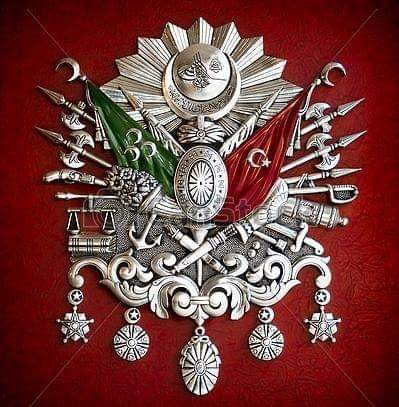The Ottoman Empire was a significant historical state that existed from around 1299 to 1922. It was founded by Osman I in what is now modern-day Turkey and grew to become a vast empire spanning three continents: Europe, Asia, and Africa. At its height, the Ottoman Empire controlled territories in Southeast Europe, Western Asia, and North Africa.
The empire reached its peak during the 16th and 17th centuries under the reigns of Suleiman the Magnificent and Selim II. During this period, the Ottoman Empire was a major global power, with a strong military, a well-developed bureaucracy, and a thriving economy. It was known for its cultural and artistic achievements, particularly in architecture and literature.
The empire's capital was Constantinople (present-day Istanbul), which served as a significant center of trade, culture, and political power. The Ottoman Empire was ruled by sultans, who claimed to be the successors of the Islamic caliphs.
Over time, the empire faced numerous challenges, including military conflicts, internal strife, and territorial losses. It gradually declined during the 18th and 19th centuries, losing territory to European powers and experiencing political and economic instability. The empire's efforts at modernization and reform, known as the Tanzimat period, were largely unsuccessful in reversing its decline.
The final years of the Ottoman Empire were marked by World War I, during which it sided with the Central Powers. Following the war, the empire was dismembered, and its territories were divided among various powers. The Turkish War of Independence led by Mustafa Kemal Atatürk resulted in the establishment of the Republic of Turkey in 1923, effectively ending the Ottoman Empire.
The Ottoman Empire left a significant cultural and historical legacy, shaping the modern identities of many countries in the Balkans, the Middle East, and North Africa. Its influence can be seen in various aspects, including architecture, cuisine, language, and legal systems.










